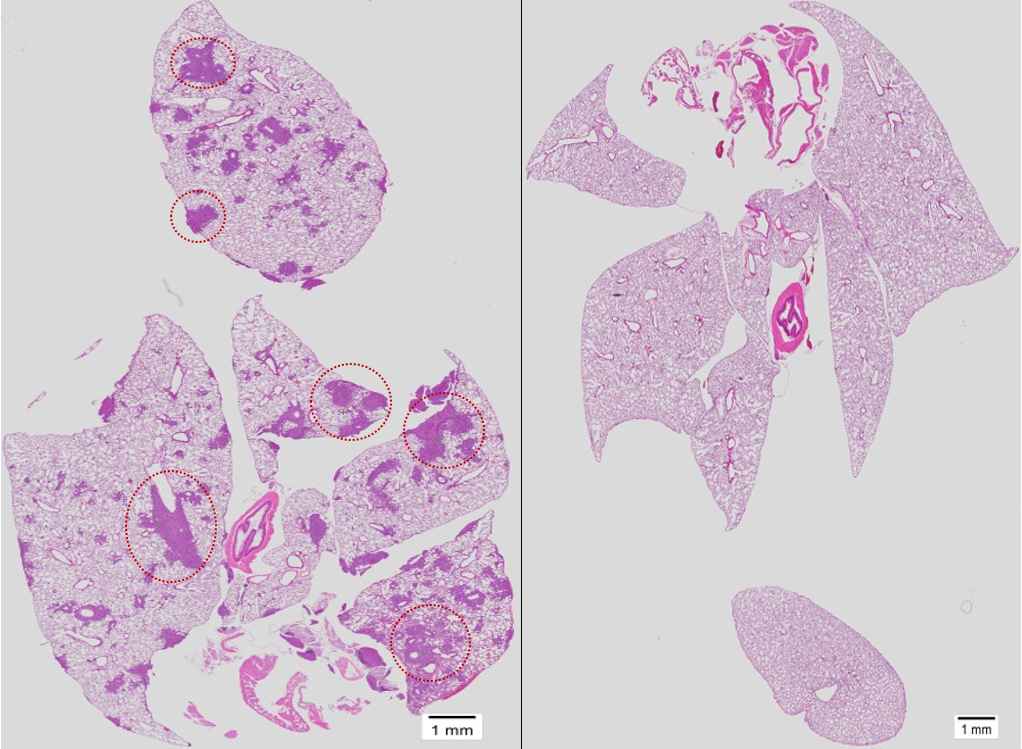Survival mechanism of metastatic cancer cell revealed
Providing a New metabolic treatment target to inhibit the recurrence and spread of cancer.
For the first time, Dr. Jong In Yook (Yonsei University School of Dentistry), Dr. Hyun-Sil Kim (Yonsei University Oral Pathology Department), Dr. Nam-Hee Kim (Oral Cancer Research Institute), and Dr. Keum-Suk Hwang (Korea Basic Science Institute) have discovered the mechanism through which metastatic cancer cells survive and alter their metabolic pathways.

According to the Korean cancer registry, about 1/3 of the total population dies of cancer, despite the rapid development of medical treatments. Cancer patients typically die of either recurrence or metastasis, and there is no particular cure for metastatic cancer yet.
Cancer cells attack the surrounding tissues (infiltration) and spread to other organs through blood or lymphatic vessels (metastasis), but the mechanism by which the cancer cells survive during their circulation in blood vessels is largely unknown. The research team has shown for the first time that cancer cells increase their metastatic potential by inhibiting the expression of the key metabolic gene “phosphofructokinase, platelet (PFKP)” through a particular protein called “Snail,” resulting in their own metabolic reprogramming. Snail is the product of an important tumor gene that is known to induce cancer recurrence and metastasis. Snail inhibits PFKP and induces glucose metabolism towards the pentose phosphate pathway (PPP), resulting in cancer cell survival during cancer metastasis.
In an animal metastasis model, Snail increased lung metastasis. However, when PPP was inhibited through either restoring PFKP or a pharmacological process in the same model, lung metastasis was largely suppressed. The team explained that this result shows that Snail induces cancer metastasis by inhibiting PFKP expression and increasing cancer cell survival.

“This is the first report on the metabolic roles of the Snail-encoding gene during cancer metastasis,” says Dr. Jong In Yook. “This will provide a new treatment option with a metabolic target that can prevent cancer recurrence and metastasis.”
The study was conducted under the support of the Ministry of Science, ICT, and Future Planning and National Research Foundation as a part of their Basic Research Enterprise (Individual Research) as well as the Ministry of Education and National Research Foundation as a part of their Young Researcher Program. The results of this study have recently been published in an international peer-reviewed journal, “Nature Communications.”
Recommended Articles
Professor Hyuk-Jae Chang
Professor Sung-Joo Hwang